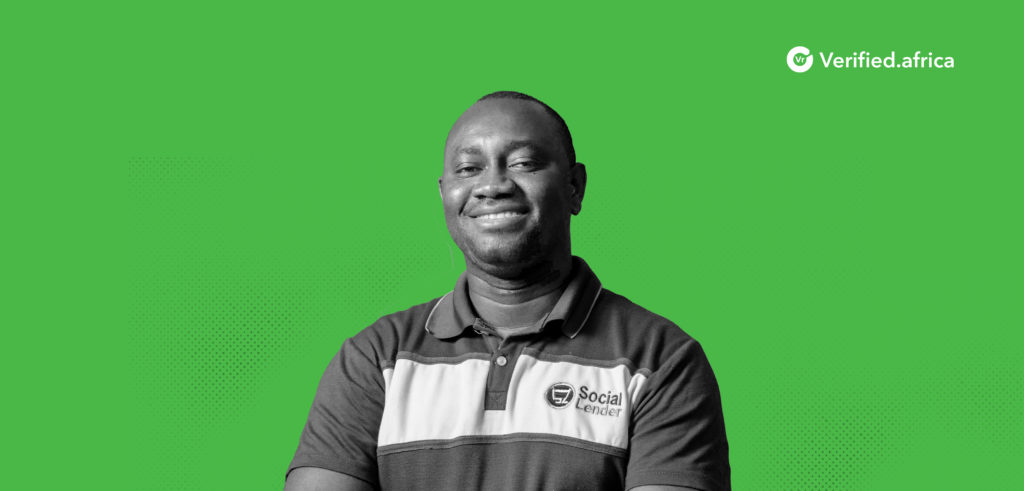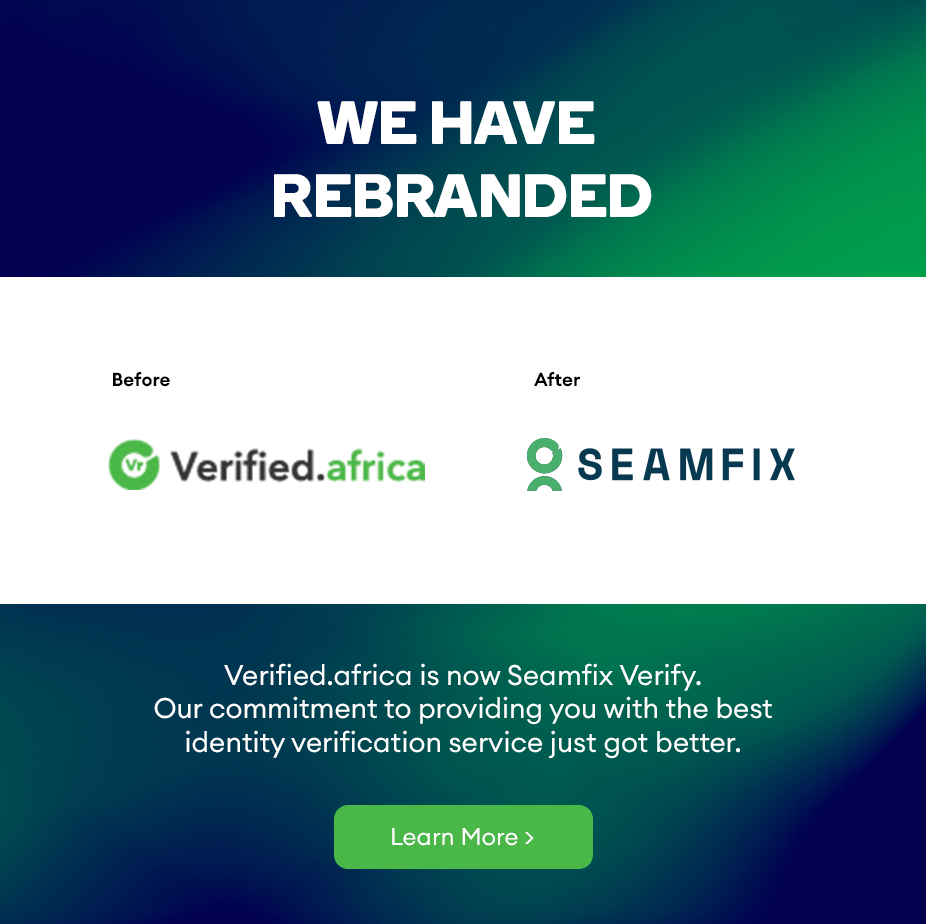Editorial Interview with Bade Adesemowo, CTO and Co-founder of Social Lender, now Social Rep in the UK. Also CTO for tech organisations around Africa… This interview has been edited for clarity purposes.
“For me, technology is just a tool and not the end in itself. You don’t want to use a sledgehammer to kill a fly so you want to adopt the best practices around security, maintenance, user experience and reliability. That’s what I do.
I have a passion for tech as well, as I’d still do what I do even if I wasn’t paid for it. This is my secret to building successful products”.
Bade started out as a web designer about twenty years ago before growing into project management roles when it wasn’t even an industry yet.
After building numerous applications and managing accounts for the likes of GT Bank and NIMASA, he went on to found his own startups, with one of the most successful of them being the social reputation score platform ‘Social Lender’.
“It’s easy to get excited by a new tool and forget that it’s about the use for the people that actually need it. At the current stage of my career, I don’t have to be the expert in the room, but I need to know how everything works together. From the tech to people, processes and every other thing that enables a solution to work for its users”. – Bade Adesemowo.
For the main part of our conversation, we spoke about the digital identity scene in Africa and how social reputation scores and verified identities can enable trust and financial inclusion.

Trust is built on the knowledge of who you’re servicing.
“By global standards, you pick any two of ‘what you know’, ‘what you have’ and ‘what you are’. If I can validate two of those things, then I can trust you enough to provide a service to you.
So say, if nine people you know and trust say Bade Adesemowo is trustworthy, would you trust me? Maybe. Even if you say no, I‘d increase the number to ninety-nine people or nine hundred and ninety-nine. The point is that there’s a threshold where you’d trust me because the people you know already trust me.
This is how businesses like Uber and Food delivery companies work because you can trust someone else behind the cab or the vendor behind the meal. This is also how lending has worked in Africa historically – through trust networks.
What Social Lender does is digitization of this human psyche. So we simply look at people’s networks, their communities, and engagements and we use that to form a score on them.
In Nigeria, about fifty per cent of adults don’t have access to financial services. There’s a gap right there. Same across Africa where people lack access because the financial institutions lack a way to access these people.
In the 60s and 70s, the traditional credit score was invented which was nice at the time but has now excluded millions of people. This is where the social reputation score comes in.
What we’re doing is building that network for trust and financial services.
Beyond financial services, this score can be used for much more. From KYC (Know your customer) which is one of Africa’s biggest problems to HR (Human resource) requirements for validating people, and several industries where there’s a need to establish a user’s identity.
Beyond the tech, people also lack education, so we built a network of ambassadors and agents who go into these communities to educate, onboard and manage the users who are on our platform.
If you can solve the foundational issues of ‘who a person is’ and ‘can I trust them’ — you can build many solutions and services. The possibilities become truly endless.”
Financial inclusion is happening on paper but not the reality.
“Financial inclusion is happening on paper but not the reality. And even that is not the same as economic inclusion. We say we want to ‘bank the unbanked’, but why? Do they want to be banked?
We should be focused on getting the ‘unbanked’ to a point where they want to be banked because they need the services.
Rather than ask them to open a bank account for the sake of it, ask them instead to get a valuable offer and for them to access it, ask them to open a bank account. This is the mindset the financial industry needs to accommodate.
For example, In Nigeria, we have current identity issues like the BVN inclusion, and the NIN because we’re asking people to get these records without a compelling reason to get them. Whereas in Kenya for example, they have a significantly higher banked population by enforcing the need for identification in order to use mobile money services.
One way to spur digital identity inclusion in Africa is to emulate what some countries have done. Like creating sandboxes where you can test ideas that don’t affect the financial system directly.
The core of it all is knowing your customers, scoring or validating them and helping them get access to services that they were once being marginalised from.
The digital identity industry is a giant market, and it will thrive regardless of political or economic climates because people need access to services and to do that, you need verified identities. So I expect more collaboration and more data sharing.
To be able to push a practical value into the offline markets where we have more people who need the benefits that digital identity provides.
In Africa where many people do not have access to an internet connection, we still have to talk to them using SMS and USSD and we still need to confirm that it’s exactly the person we’re speaking to.
On a global level, we’re moving to SSO (single sign-on) – where rather than an individual keeping several sign-ons, over and over, instead they’ll be able to sign in once on a device. And because that device trusts my app, it can log you in. We’re getting into a passwordless world and building this into the design of any solution is important.
Validating a customer is the critical entry point to giving value to that one customer.
Bade Adesemowo won the Future Awards 2010 in the category, ‘Best Use of Technology’. Since then, he has received several recognitions and awards individually and with his team majorly in the area of technology and innovation.
He is regarded as an industry thought leader in his field of expertise. Bade is actively involved in Open Source Communities and is an avid speaker and facilitator with a focus on business and technology.
He holds an MBA from the Lagos Business School and is an alumnus of Nanyang Business School, Singapore.
Bade Adesemowo is a partner at Bincom ICT Solutions and co-founder at Social Lender. He is now focused on solution development and management across multiple stacks.
Enjoyed this interview? Read more here with Olatokubo of Factorial HR.



